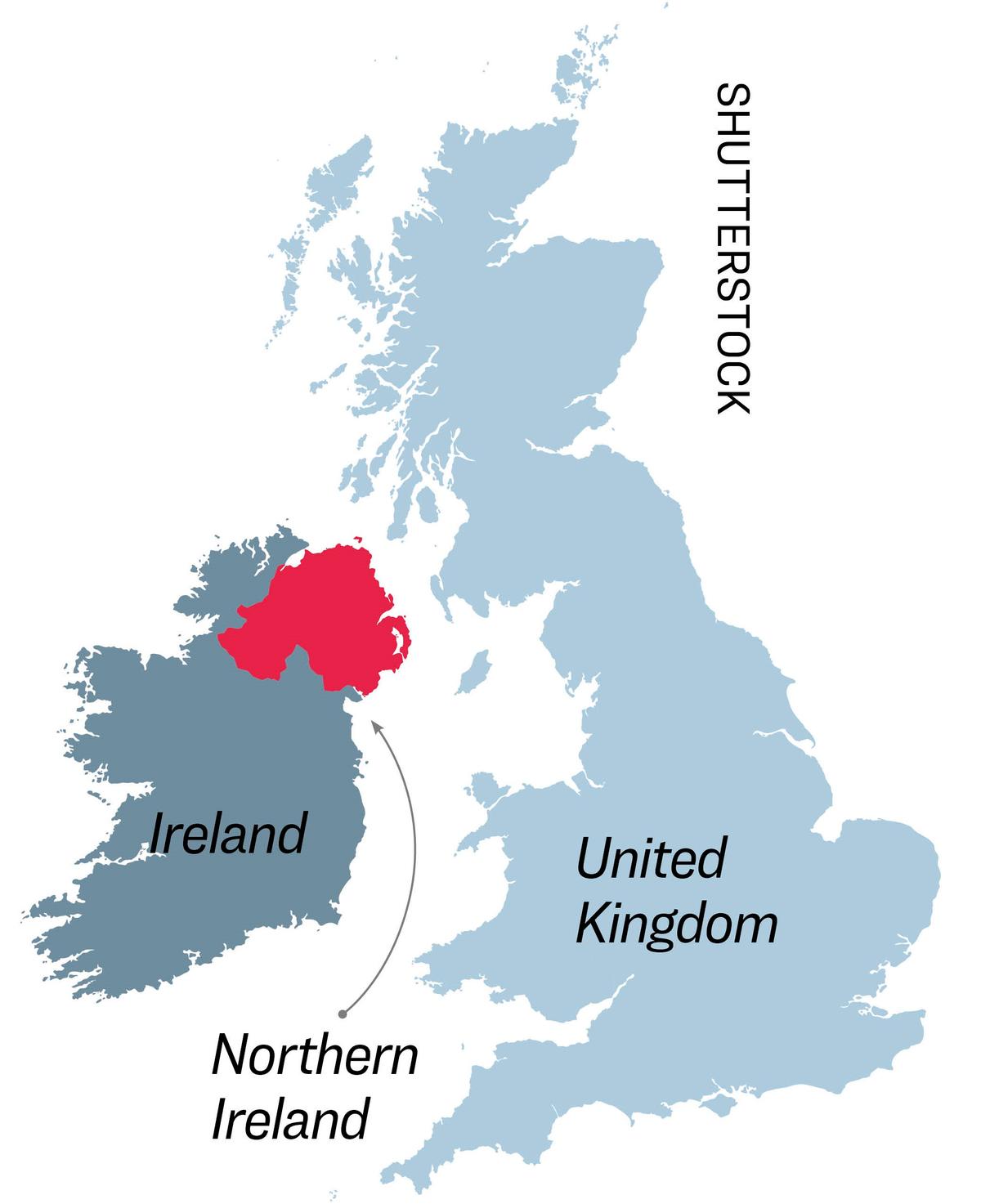BIRMINGHAM, England—In the end, the kingmakers of the U.K. government came at a price: 1 billion pounds.
After two weeks of wrangling, the Democratic Unionist Party (DUP) agreed to prop up the minority Conservative government to ensure the United Kingdom’s exit from the European Union, in a deal announced June 26.
However, the true cost of the deal struck with the DUP, a party of Northern Ireland, may be much more than a financial one. The deal could jeopardize the 20-year-old peace agreement in Northern Ireland that ended decades of sectarian violence, say former statesmen who worked on the 1998 peace negotiations.
After the election left the Conservative Party shy of a working majority in lawmaking chambers, the party needed the DUP’s 10 votes to pass their agenda—predominantly a clutch of laws to enact Brexit. In return for DUP votes, the Tories have made various concessions, including earmarking 1 billion pounds ($1.29 billion) in extra funding for the Northern Ireland region. The agreement is not a formal coalition.
But the deal comes with controversial baggage. Northern Ireland is one of the four “countries” that make up the sovereign nation of the United Kingdom. Political parties with regional agendas, such as the DUP, can have representatives in both the central U.K. legislature in London and the regional one in Belfast. The complicated politics of Northern Ireland could therefore impact the central Conservative government through the deal with the DUP.
Northern Ireland was ravaged by sectarian violence between 1968 and 1998, a period known as the “troubles,” in which some 3,600 were killed.
The Irish Republican Army was a paramilitary group of “republicans” who used terrorism to try to force Northern Ireland to become part of the Republic of Ireland. In response, paramilitary groups were formed by “unionists,” who wanted to remain part of the U.K.
After 30 years of violence, the political wings of both sides—with links to the paramilitaries—reached a peace agreement in 1998.
The DUP is the biggest of the two unionist parties in Northern Ireland. With the government at the mercy of DUP kingmakers, the peace process could be jeopardized, said former Prime Minister John Major, who helped broker the peace deal.
“A fundamental part of that peace process is that the U.K. government needs to be impartial between all the competing interests in Northern Ireland,” he told the BBC in a June 13 interview.
“The danger is that however much any government tries, they will not be seen to be impartial if they are locked into a parliamentary deal, at Westminster, with one of the Northern Ireland parties.”






